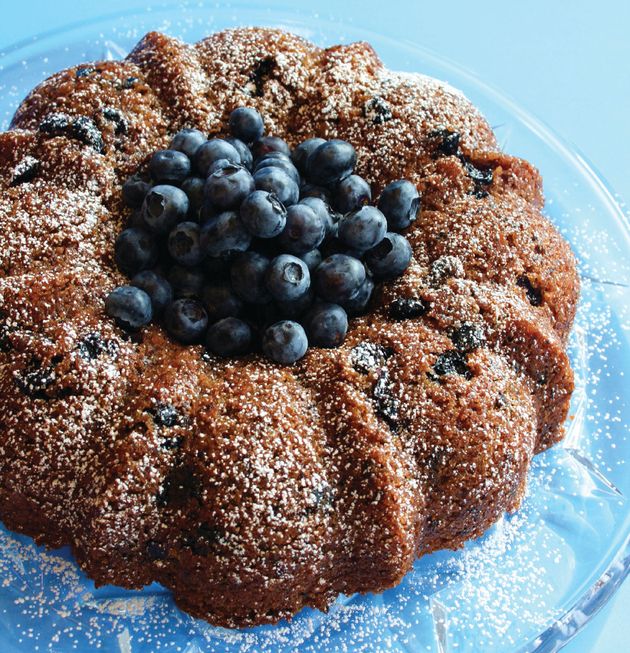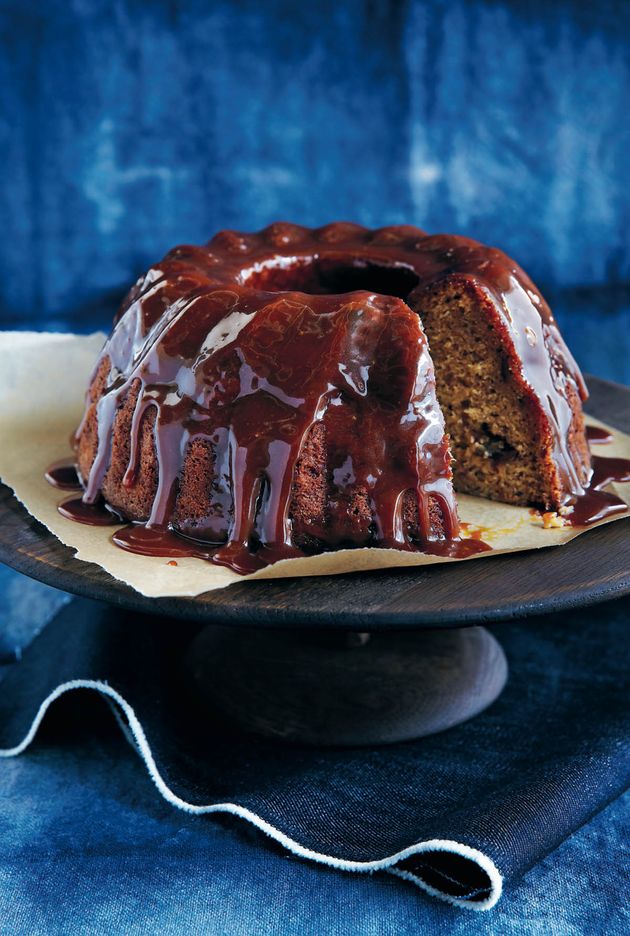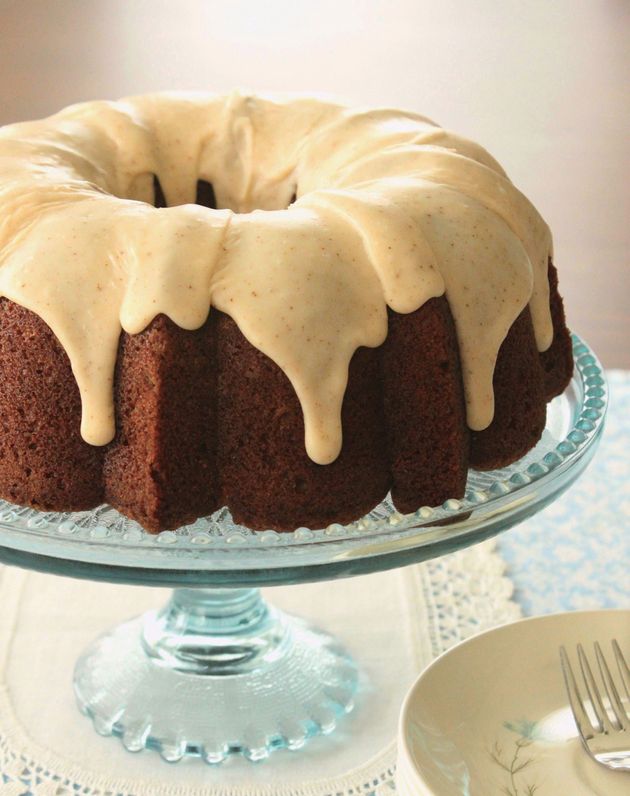For the next in our series on cooking fundamentals – following on from pastry and rice – Cat Black brings us An Introduction to Bread.
Across most parts of the globe bread is a staple food – whether for you that is a Baguette or a Lavash. We are all familiar with bread, and perhaps take it for granted. What we do not all do is make it ourselves.
|
|
|
|
It is good to support local artisans, if you are lucky enough to have good bread made locally. But if you have a little kitchen time, there are few things more deeply satisfying and delicious than homemade bread. With no additives, and your choice of flours and ingredients, it can be better for you too.
|
|
Our feature brings you a collection of Core Bread Recipes, and then a host of specialist collections – from Flatbreads to Fruited & Sweet Breads, and everything in between.
So roll up your sleeves, fling some flour, and get started – bread baking is joyously addictive!
|
|
|
|
Pictured above: Kørntüberbrot from Bien Cuit: The Art of Bread by Zachary Golper
|
|
Introducing The Spice Collector’s Cookbook
|
|
|
Born into a spice-trading family based in the Gujarat region on India's west coast (a spice-trading hub), spice is in Vina Patel’s DNA. We are thrilled to bring you her latest book The Spice Collector’s Cookbook, which is published this week. The recipes are grounded in the author's understanding of flavor from her Indian childhood, but also draw on her travels and factor in the demands of feeding a family with the minimum of fuss in America.
|
|
|
'I want to now encourage you to allow your creations on your dinner table to be varied. As we are all aware, keeping meals exciting and interesting adds to the “spice” of life, and this is best done by enjoying a wide variety of food and cuisines.' Vina Patel
|
|
|
The first part of the book walks the reader through the contents of a well-stocked spice cupboard. Then, in the main body of the book, you will find recipes not only from India but also from Italy, Thailand, and Mexico, all given a unique spicy yet family-friendly spin. The result is a highly approachable collection of recipes to feed yourself and your loved ones. Try Keralan-Style Shrimp, served with some Coconut Rice with Pomegranate, and who could resist these Chocolate Chip Coconut Bars.
|
|
|
A treat for chocolate lovers
|
|
|
Everybody loves chocolate – we couldn’t agree more! In her new book Everybody Loves Chocolate: Delicious Recipes from Around the World, Australian born food writer Jennifer Donovan takes an enthusiastic journey through Europe, Asia Pacific, the Americas, the Middle East and Africa, gathering chocolate goodness along the way. There is a chocolate recipe here for every person and every mood.
|
|
|
Get ahead with your Thanksgiving prep
|
|
|
The annual holiday of Thanksgiving – celebrated principally in North America and Canada – falls on the last Thursday in November. That is just two weeks from now, where has the year gone? With most celebrating by gathering family and friends and cooking up an epic meal, it isn’t too soon to get organised, especially how you plan to approach that all important bird.
|
|
|
Let’s Talk Turkey… Thanksgiving’s Main Event & Ideas for Leftovers – is a curation of recipes to aid recipe planning, shopping list writing, and general anticipation. Try this recipe for Classic Roast Turkey, or this year why not switch things up and make a Cajun-Smoked Turkey. If you are cooking for a crowd, the last thing you want is waste, and that is where The Turkey Club comes in.
|
|
Ingredient focus: swede / rutabaga
|
|
|
Swede – rutabaga in the US – is a root vegetable closely related to the turnip. The root is not a true root, but actually the swollen base of the stem. The ridges in the top of it are the scars from the plant leaf. Although a versatile vegetable with a sweet and appealing flavor, swede doesn’t have universal popularity. This is in part because cooks across the US and the UK used to boil it mercilessly, releasing an unappetising brassica-type scent.
|
|
|
|
Less bitter than the turnip, with a delicate, comforting flavor, swede is worth eating, and responds well to many cooking techniques. Young swede can be eaten raw, finely julienned, sliced or shredded and used where celeriac or carrot might be in a salad or version of remoulade.
|
|
They make a great mash, on their own with a little stock, butter and a good crack of black pepper, or added to potato. Roasting swede, cut into chunks, brings out their natural sweetness and creates irresistible caramelized edges.
Try Hassleback Swede Filled with Almond Feta & Thyme Pesto, this Swede & Squash Soup with Caramelized Chestnuts, or any of the recipes in our 12 Ways with Rutabaga Collection.
|
|
6 of the best bundt cakes
It is National Bundt Day on November 15 – a celebration of cakes made in a decorative specialist bundt pan. These pans can be expensive, and if you don’t have one you can of course bake these cakes in whatever similar-sized cake tin you have to hand, but if you do have a bundt tin, don’t they look gorgeous!
|
|
|

|
|
from Vegan Desserts by Hannah Kaminsky
|
|

|
|
from Changing Tides: A Cookbook by Roberta Hall McCarron
|
|
|

|
|
from Guittard Chocolate Cookbook by Amy Guittard
|
|

|
|
from A Simple Table by Michele Cranston
|
|
|

|
|
from Lick The Bowl Good by Monica Holland
|
|

|
|
from A Whisper of Cardamom by Eleanor Ford
|
|
|
|
|
|
|
|
|
|
|
|

















